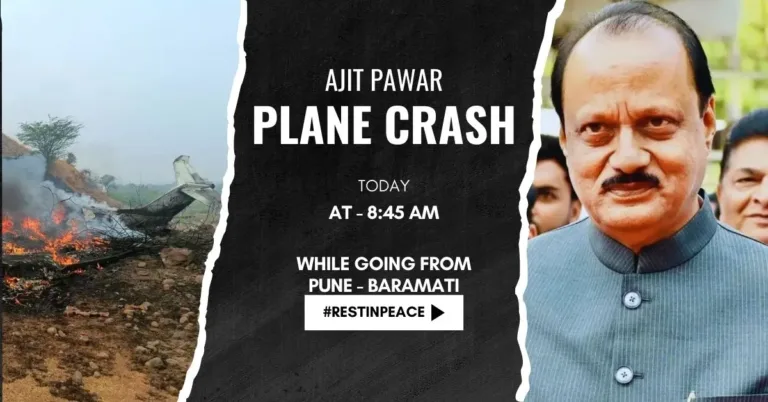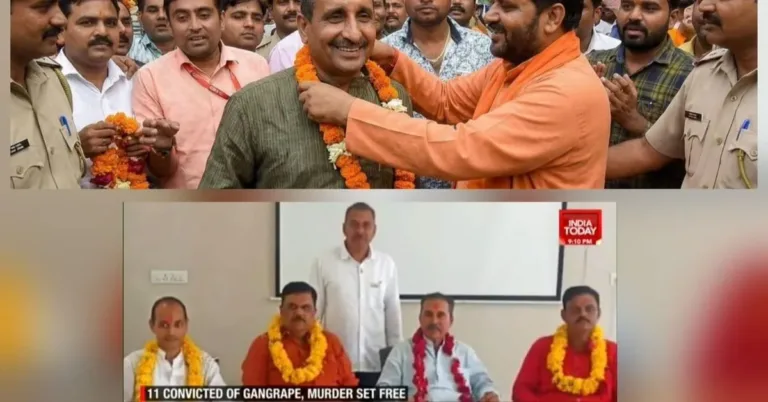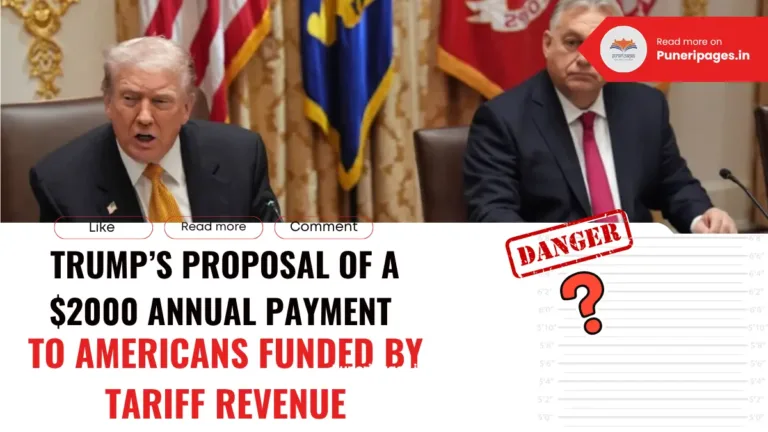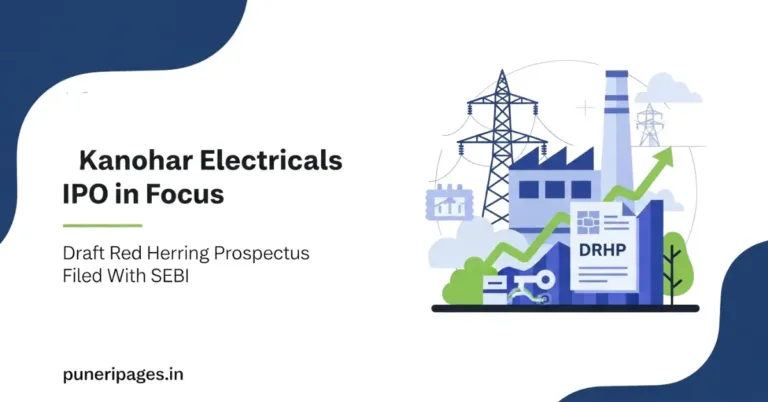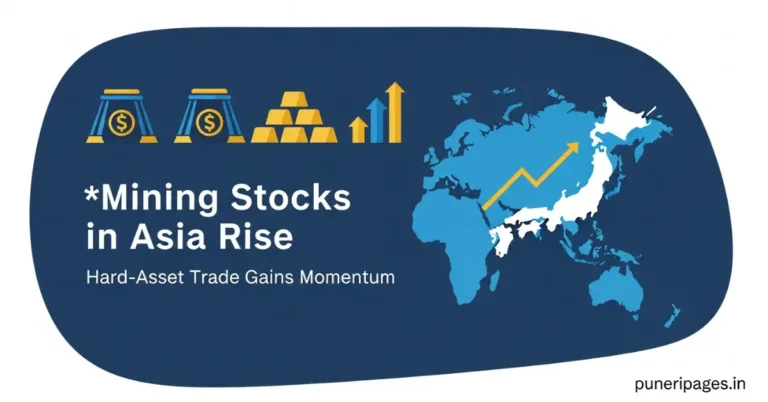
Sharad Pawar slams state government’s alleged pressure on sugar mills to donate for the CM’s Relief Fund.
In a sharp critique of the Maharashtra government, Nationalist Congress Party (NCP) Chief Sharad Pawar has strongly condemned the state’s decision to seek financial contributions from sugar mills towards the Chief Minister’s Relief Fund. Pawar, a veteran leader and one of the most influential figures in Maharashtra’s cooperative sector, accused the government of pressuring cooperative mills—already struggling with financial challenges—to make forced donations under the guise of voluntary aid.
This development has stirred significant political and economic debate across the state, especially within western Maharashtra, where the sugar industry remains the backbone of the rural economy.
Table of Contents
Sharad Pawar Slams State Government Over Relief Fund Controversy
Sharad Pawar’s criticism came after reports surfaced that the Maharashtra government had directed cooperative sugar mills to make “voluntary” donations to the Chief Minister’s Relief Fund (CMRF). Pawar questioned the ethics of this move, arguing that many mills are burdened with debts and delayed payments to sugarcane farmers.
He stated that while contributing to relief efforts is noble, it must remain a voluntary act, not an obligation enforced by state authorities. “The government must not use coercion to collect funds from cooperative institutions,” Pawar said. “If these mills are unable to clear farmers’ dues on time, how can they be expected to contribute to the Relief Fund?”
This statement underscores a broader political tension between the ruling coalition and opposition leaders who accuse the state administration of using powerful cooperative sectors for political leverage.
Cooperative Sugar Mills Face Financial Pressure Amid Relief Fund Appeal
The sugar industry in Maharashtra has long been the financial and political lifeline of rural communities. However, over the past few years, mills have faced multiple challenges, including:
- Falling sugar prices in the international market.
- Increased production costs due to rising fuel and labour expenses.
- Delayed government subsidies for ethanol blending and export assistance.
- Pending payments to sugarcane farmers, which have crossed hundreds of crores in arrears.
In this economic context, Pawar argued that demanding funds from struggling mills could worsen their liquidity crisis. He emphasized that instead of extracting donations, the government should support mills through financial relief packages, low-interest loans, and infrastructure aid.
Political Reactions to Sharad Pawar’s Criticism
Pawar’s remarks carry significant political weight. The NCP (Sharadchandra Pawar faction) views this move as politically motivated, claiming the government is attempting to showcase its welfare initiatives using funds indirectly sourced from the cooperative sector—where Pawar’s influence remains substantial.
Sources close to the NCP allege that certain government officials have been pressuring mill chairpersons to contribute a fixed sum per tonne of sugar produced. This has fueled accusations that the CM’s Relief Fund is being politicized, with contributions used to bolster the government’s public image ahead of the upcoming Lok Sabha and Assembly elections.
Pawar warned that such tactics could alienate the cooperative base, which has historically been crucial in shaping Maharashtra’s agrarian politics.
Government’s Response: “Voluntary and Transparent” Claims
In response to Pawar’s allegations, senior officials from the Maharashtra government have maintained that the contributions are completely voluntary. They argue that the Relief Fund has played a vital role in assisting citizens affected by natural disasters, floods, and drought conditions.
According to government representatives, letters were merely sent to cooperative mills requesting assistance for humanitarian causes, without any element of compulsion. They claim that transparency and accountability remain key principles in managing the Chief Minister’s Relief Fund.
However, critics counter this by pointing to the timing and frequency of such requests, suggesting an unspoken expectation for mills to comply to maintain favorable relations with the government machinery.
The Role of the Sugar Industry in Maharashtra’s Politics
To understand the gravity of Pawar’s criticism, one must recognize the political power of the sugar industry in Maharashtra. The cooperative model, initiated in the 1960s, gave rise to several influential political families—including Pawar’s—who used sugar mills as both economic engines and political platforms.
These cooperatives are not just factories—they are social ecosystems providing employment, education, healthcare, and credit facilities to millions of rural citizens. Any attempt to interfere in their financial autonomy is perceived as an attack on rural democracy itself.
Pawar’s statement thus resonates deeply within the cooperative community, where fears are mounting that political control over mill finances could erode cooperative independence.
Economic Implications of Forced Contributions
If the alleged pressure on mills continues, experts warn it could trigger a ripple effect across Maharashtra’s rural economy. The potential consequences include:
- Reduced farmer payments and delayed cane procurement.
- Decreased working capital for mills to maintain operations.
- Lower production capacity, affecting state-level sugar output.
- Erosion of cooperative autonomy, shifting control to state officials.
Economists argue that rather than extracting contributions, the government should reform the CMRF structure—introducing independent audits, digital transparency, and clearer guidelines for voluntary donations.
Sharad Pawar’s Political Message: “Protect Cooperative Freedom”
Sharad Pawar’s intervention serves not just as a critique of fiscal management but as a call to preserve cooperative independence. In his statement, he emphasized that the cooperative sector should not be reduced to a revenue-generating arm of the state government. Instead, he urged policymakers to protect cooperative institutions from political interference.
“We built these cooperatives to empower farmers, not to extract money from them,” Pawar remarked, warning that continued interference could spark widespread dissatisfaction among rural stakeholders.
Public and Political Reactions Across Maharashtra
Following Pawar’s comments, several farmer unions and opposition leaders expressed solidarity with his stance. The Swabhimani Shetkari Sanghatana and other rural organizations demanded clarity from the government, urging it to publish a list of contributors to the CM’s Relief Fund.
Social media reactions have been equally divided. While supporters of the ruling government argue that Pawar is politicizing a humanitarian issue, others commend him for exposing what they see as covert pressure on rural cooperatives.
Political analysts believe this issue may evolve into a major campaign topic as Maharashtra gears up for elections, especially in sugar-belt constituencies.
A Broader Debate on Transparency and Accountability
Beyond the immediate political clash, this controversy reignites a broader discussion on transparency in relief fund collections. Many experts have long demanded a public disclosure mechanism for the CM’s Relief Fund, detailing donor lists, utilization reports, and audit results.
Pawar’s criticism has amplified this demand, with civil society groups calling for a legislative framework ensuring that future contributions—whether from individuals or cooperatives—remain genuinely voluntary and publicly accountable.
Conclusion: A Clash Between Power and Principles
The confrontation between Sharad Pawar and the Maharashtra government is more than just a dispute over donations—it represents a deeper ideological battle over the autonomy of cooperative institutions and the ethics of governance.
While the state insists that contributions to the Chief Minister’s Relief Fund are voluntary and transparent, Pawar’s stance has struck a chord with thousands who view the move as coercive and politically motivated.
As Maharashtra’s sugar mills continue to struggle under mounting financial strain, this debate underscores a critical question: Should relief funds rely on contributions extracted from struggling cooperatives, or should the state find more sustainable ways to support its welfare initiatives?
